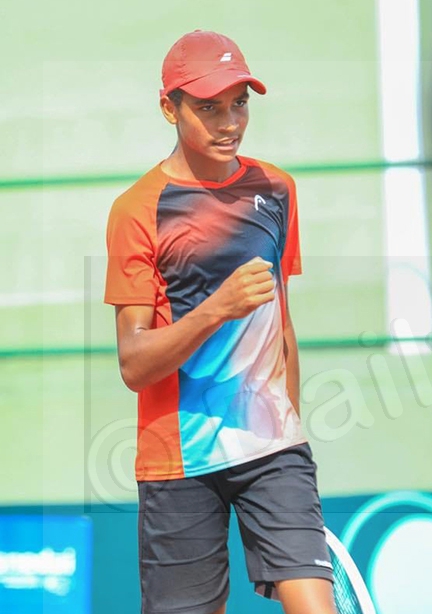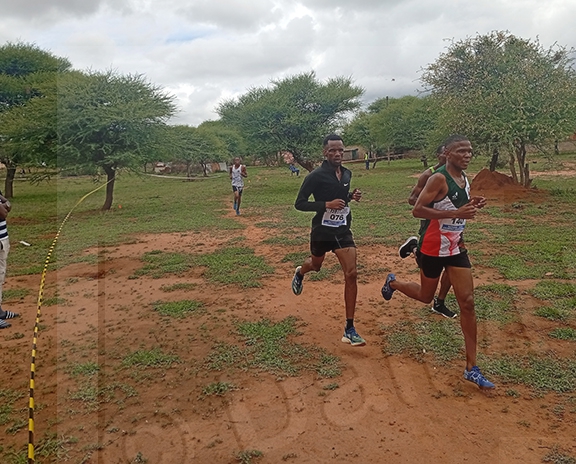Officials drill Olympics-bound athletes
03 May 2016
Athletes must be physically fit and ready to carry the nation’s expectations in the international arena.
Speaking at a workshop in Gaborone on Friday, Botswana National Olympic Committee (BNOC) first vice president, Moses Moruisi, said athletes who qualified for the Brazil Olympic Games in August should aim to represent the nation responsibly and with pride.
“More often than not, when we emphasise the fact that you are representing the country it does not come out clearly that you are also representing yourself. So we would not want to have a situation where you do not represent yourself well, because you are building your CV,” he said.
Moruisi, who is also Team Botswana chef de mission, also reminded athletes that they were role models to upcoming stars and therefore should also know that they had a social responsibility as Batswana were looking up to them.
National Anti-Doping Organisation (NADO) officer, Ntebogang Khubamang, encouraged atheletes to be cautious of what they consumed and also take responsibility, in the context of anti-doping, for what they ingested and used.
She stated that they were expected to inform medical personnel of their obligation not to use prohibited substances and methods as well as take responsibility to make sure that any medical treatment received did not violate anti-doping policies.
Khubamang said research had revealed that athletes doped to gain competitive advantage over opponents
“Some athletes believe that others are doping hence they cannot excel if they do not dope, while others dope out of mere ignorance not knowing what constitutes doping and which substances are banned,” she said.
Again, she reminded athletes to be knowledgeable of all applicable anti-doping policies and rules adopted pursuant to the code and comply with them, adding they should also be available for sample collection at all times.
Athletes were also reminded of their responsibility to disclose to their national anti-doping organisations and international federations any decision by a non-signatory finding that athletes had violated anti-doping rules within the previous ten years.
Furthermore, Khubamang told athletes about the two types of testing, which included in- and out of competition testing.
In-competition testing, she explained, was done within 24 hours before or after the competition.
As such, she said athletes would be aware that they were going to be tested or would be targeted as requested. Ends
Source : BOPA
Author : Anastacia Sibanda
Location : Gaborone
Event : Workshop
Date : 03 May 2016






